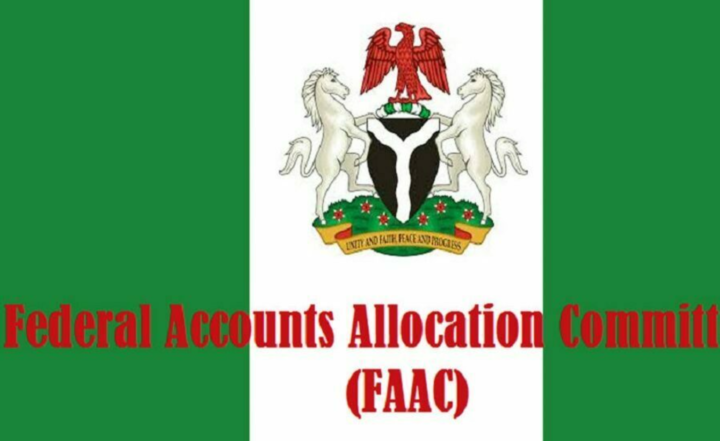Infostride News reports that in November 2023, the Federation Account witnessed a substantial increase in Exchange Difference revenue, accumulating an impressive N364.87 billion. This marked a noteworthy surge of N101.98 billion compared to the N262.89 billion recorded in October of the same year. The surge signals a positive impact of the country’s unified exchange rates on government revenue amid the ongoing challenges of naira devaluation.
Before the revenue is distributed among the three tiers of government, statutory deductions, including the 13% derivation and other charges, are applied. Following these deductions, the Federal Government claims 52.68%, the State Government receives 26.72%, and the Local Government takes 20.60% based on the current vertical allocation formula for distributable net federation account revenue.
Within the Federal Government’s share, specific allocations are made, such as 1% for general ecological problems, 1% for the Federal Capital Territory (FCT), 1.68% for the development of natural resources, and 0.5% for statutory stabilization. The remaining 48.5% is allocated to the Federal Government.

Analysis of FAAC communiques for October 2023 reveals the distribution of the N262.89 billion exchange difference revenue as follows: the Federal Government received N93.323 billion, the States obtained N47.334 billion, Local Government Councils received N36.493 billion, Derivation (13% of Mineral Revenue) was allocated N25.737 billion, and N60.000 billion was earmarked for Transfers, Intervention, and Refunds.
In November 2023, the distribution changed with the Federal Government receiving N175.817 billion, the States obtaining N89.177 billion, Local Government Councils receiving N68.751 billion, and Derivation (13% of Mineral Revenue) being allocated N31.124 billion.
Under this sharing formula, the Federal Government emerges as the primary beneficiary, receiving a total of N269.14 billion over the two months.
Taking a closer look, an exchange difference results from translating a given number of units of one currency into another at different exchange rates. Approximately two weeks after President Bola Tinubu’s commitment to unify the nation’s multiple exchange rates, the Central Bank of Nigeria (CBN) opted to float the naira at the Investors and Exporters forex window. Consequently, the naira experienced fluctuations, ranging between N750/$ and N950/$.
A report by Comercio Partners Limited reveals that the naira depreciated against the dollar, closing at N789.94/$1 in October 2023 and further declining by 19.26% to N942.12/$1 in November 2023. This underscores the persistent challenges in the nation’s foreign exchange market.
The Institute of Chartered Accountants of Nigeria (ICAN) weighed in on the matter, stating that the unification of the country’s exchange rate would stimulate growth in the securities market and attract foreign investments. Additionally, ICAN noted that the unified exchange rate would boost the government’s revenue in naira terms, leading to a higher tax/revenue to GDP ratio.
While the unified exchange rate has proven advantageous for the Federal Government and banks, it has presented challenges for numerous manufacturing companies in the country, as reflected in their financial statements, which show significant foreign exchange losses.
In conclusion, the recent surge in Exchange Difference revenue, as reported by Infostride News, reflects the positive impact of the unified exchange rates on government revenue. However, the challenges and benefits associated with this economic shift underscore the complexity of managing currency dynamics in a rapidly changing global financial landscape.
Support InfoStride News' Credible Journalism: Only credible journalism can guarantee a fair, accountable and transparent society, including democracy and government. It involves a lot of efforts and money. We need your support. Click here to Donate
